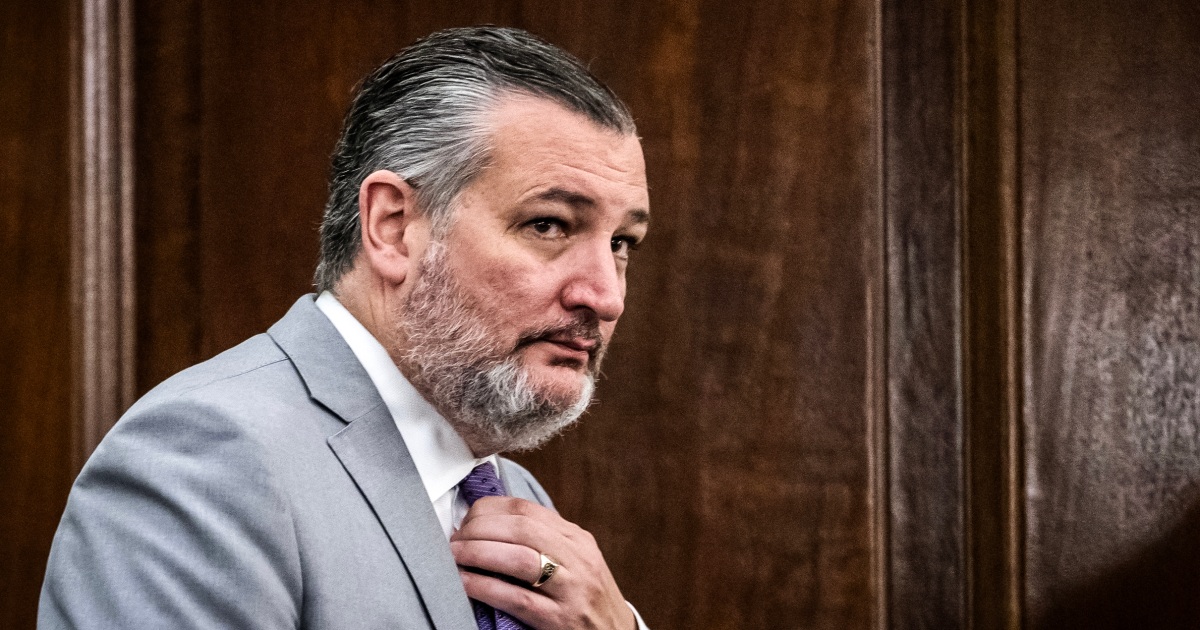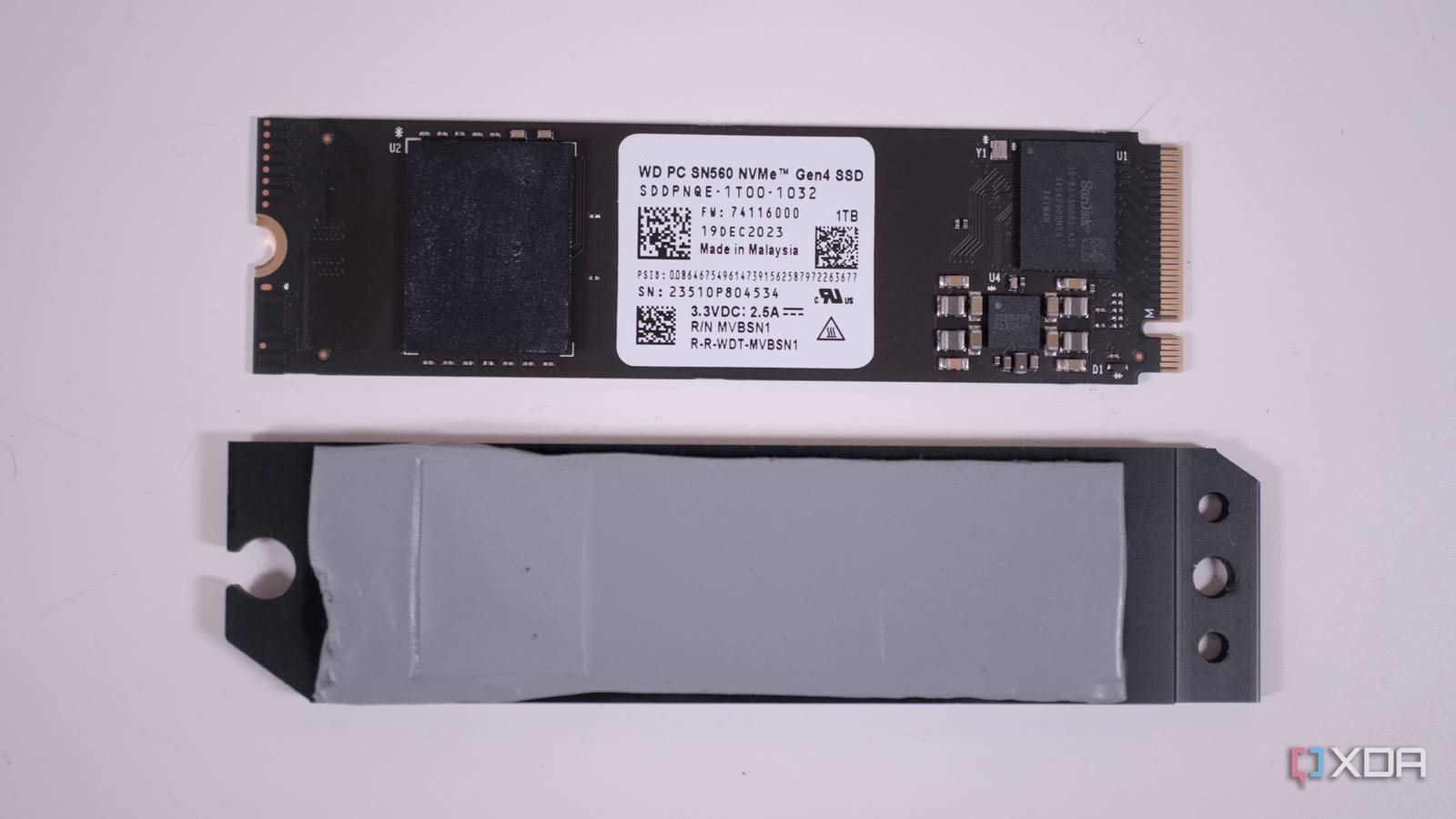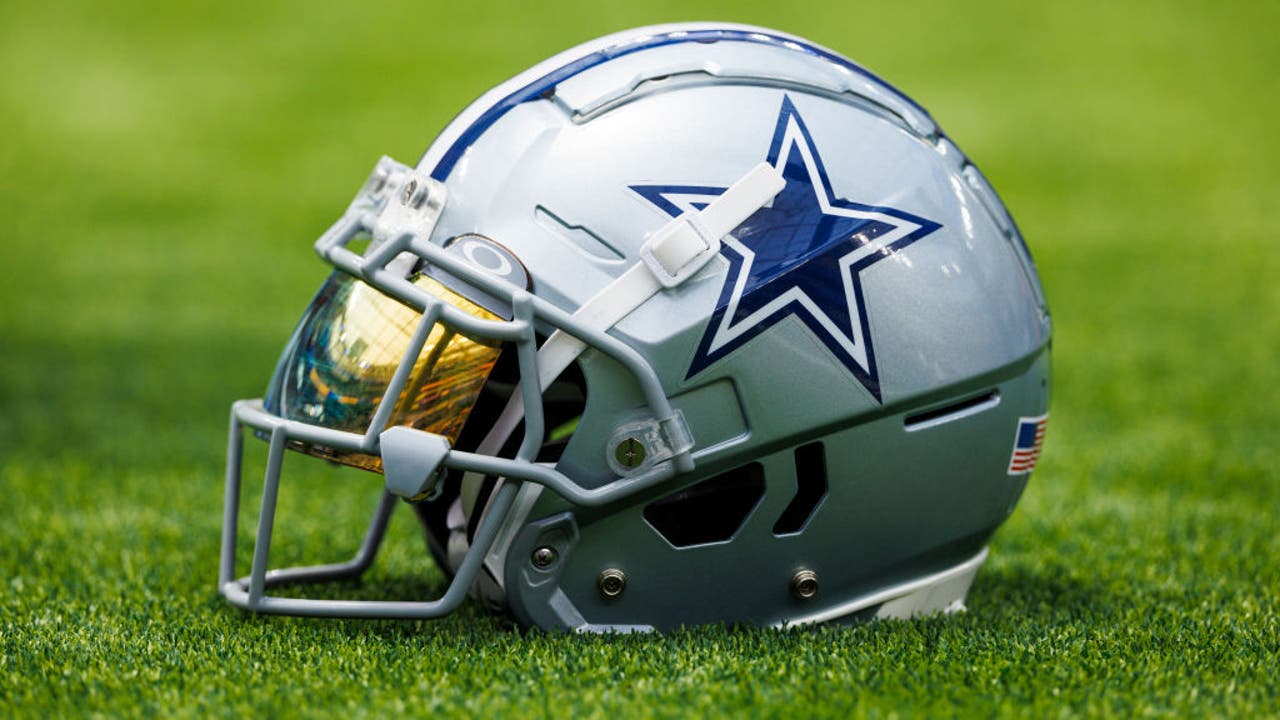Is Ted Cruz Right to Call FCC's Jimmy Kimmel Threat Unbelievably Dangerous?

Published: 2025-09-19 21:41:24 | Category: Trump GNEWS Search
In a recent controversy surrounding late-night television, Sen. Ted Cruz has publicly condemned FCC chair Brendan Carr for what he believes are dangerous threats against ABC and Jimmy Kimmel's show. Cruz argues that government interference in speech is a slippery slope that could lead to censorship of conservative voices. This incident raises significant questions about free speech, government overreach, and the implications of such actions on public discourse.
Last updated: 20 October 2023 (BST)
Key Takeaways
- Sen. Ted Cruz criticises FCC chair Brendan Carr for threatening action against Jimmy Kimmel's show.
- Brendan Carr warned ABC about Kimmel's comments on the assassination of conservative activist Charlie Kirk.
- President Trump supports Carr, calling him a "great American patriot."
- The FCC could impose fines or revoke licenses if ABC does not take action against Kimmel.
- Concerns about free speech and government power are central to the ongoing debate.
Understanding the Context
The recent exchange between Cruz and Carr highlights a growing concern among some lawmakers regarding the role of government in regulating speech, particularly on media platforms. The debate ignited after Kimmel made comments about Charlie Kirk, who was murdered in a politically charged incident. Kimmel suggested that the right-wing narrative was attempting to distance itself from the accused, Tyler Robinson, who was reportedly influenced by "leftist ideology" despite his conservative upbringing.
This situation escalated when Carr stated that the FCC might take action against ABC if they did not address Kimmel's remarks. His words drew immediate backlash, particularly from Cruz, who saw them as an overreach of governmental authority. Cruz's position reflects a broader concern among conservatives that such threats could lead to a chilling effect on free speech, especially for voices on the right.
The Threats and Consequences
Cruz's assertion that Carr's actions could lead to "silencing every conservative in America" underscores the potential ramifications of government intervention in media. Carr's comments suggested that ABC could face fines or lose broadcasting licenses if they continued to air Kimmel's show without addressing the controversial remarks. This raises fundamental questions about the First Amendment and the boundaries of free speech.
By equating Carr's threats to mob intimidation, Cruz painted a vivid picture of government overreach. He cautioned that while it might feel justified to threaten Kimmel now, it could set a precedent that endangers free expression in the long term. The controversy also reignites discussions about how far government entities should go in regulating media content and the implications for public discourse.
Political Reactions and Support
In the wake of Cruz's comments, President Trump expressed his support for Carr, calling him a patriot and disagreeing with Cruz's assessment. This division among Republicans indicates a rift within the party on how to approach issues of free speech and government regulation. Other Republican figures, such as Rep. Chip Roy and House Speaker Mike Johnson, have also weighed in, with varying degrees of support for Carr's stance.
Roy defended the FCC's authority to question broadcast entities about their content, suggesting that while the First Amendment is paramount, there are still regulations that apply to television broadcasting. This perspective highlights the complexity of balancing free speech with regulatory oversight, particularly in an era where media consumption is rapidly evolving.
Public and Media Response
The public reaction to this controversy has been mixed, with some supporting Cruz's defence of free speech and others backing Carr's calls for accountability from media outlets. ABC's decision to pull Kimmel's show off the air indefinitely reflects the immediate impact of government pressure, but it also raises concerns about the implications for creative freedom and journalistic integrity.
As the situation develops, Carr has indicated that the FCC is not finished addressing this issue, suggesting that further actions could be forthcoming. The long-term consequences of this dispute may shape the future landscape of media regulation and the role of government in overseeing content.
What Happens Next?
The ongoing tension between Cruz and Carr indicates that this issue is far from resolved. With Carr hinting at potential future actions, media outlets and commentators will be closely watching how the FCC navigates this terrain. There are several key points to consider:
- The potential for further sanctions against ABC and other networks could set a precedent for future government intervention in media.
- As the political climate evolves, the conversation around free speech and censorship will likely intensify, particularly among conservative circles.
- Public sentiment regarding the appropriateness of government oversight in media may influence future elections and policy changes.
FAQs
What did Brendan Carr say about Jimmy Kimmel's remarks?
Brendan Carr warned that the FCC could take action against ABC over Jimmy Kimmel's comments regarding the assassination of Charlie Kirk, suggesting potential fines or license revocation if ABC did not act.
Why did Ted Cruz criticise Brendan Carr?
Ted Cruz condemned Carr's threats as dangerous, arguing that government should not dictate what speech is acceptable and that such actions could silence conservative voices in the media.
What was President Trump's response to the controversy?
President Trump expressed support for Brendan Carr, calling him a "great American patriot" and disagreed with Ted Cruz's criticisms of Carr's statements regarding Kimmel's show.
How did ABC respond to Carr's threats?
In response to Carr's warnings, ABC announced it was pulling Jimmy Kimmel's show off the air indefinitely, indicating the immediate effect of regulatory pressure on media programming.
What are the implications of this controversy for free speech?
This controversy raises significant questions about the boundaries of government intervention in media, the potential chilling effect on free speech, particularly for conservative voices, and the balance between regulation and expression.
The ongoing debate surrounding the FCC's role in media regulation and the implications for free speech underscore the complex relationship between government authority and public discourse. Where will this lead us in terms of media freedom and governmental authority? #FreeSpeech #MediaRegulation #GovernmentOverreach



